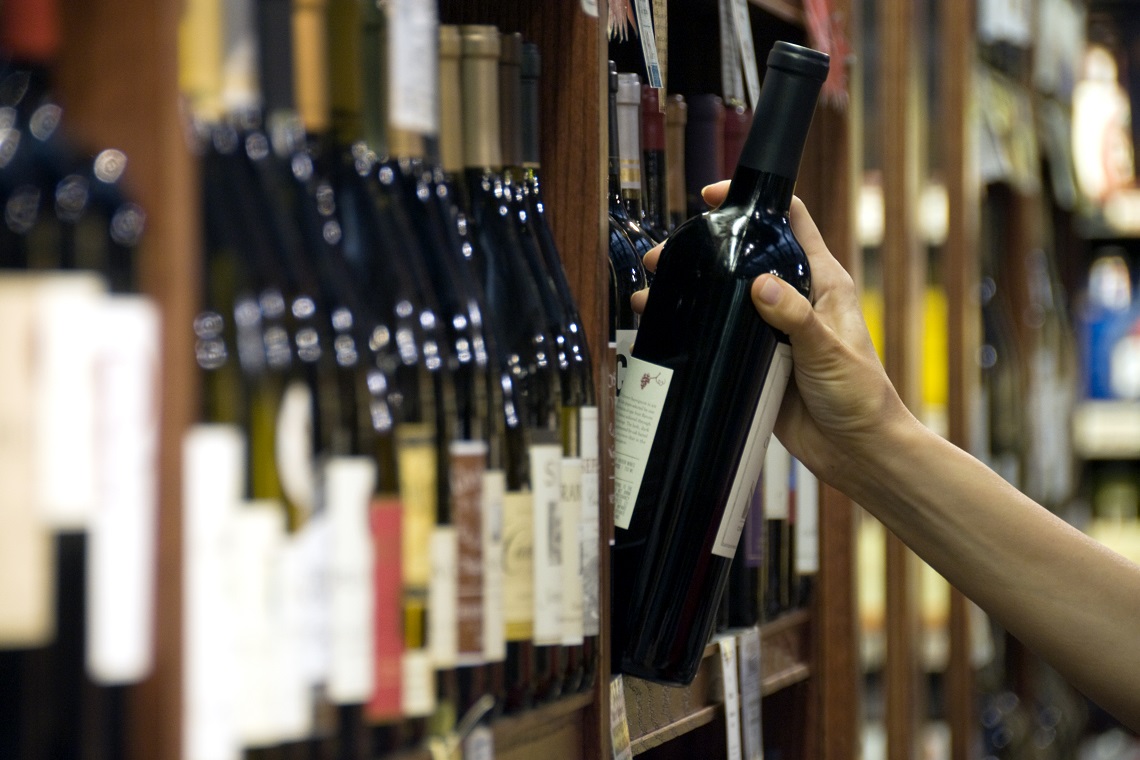The Australian Institute of Health and Welfare (AIHW) has this week released its updated Alcohol, Tobacco & Other Drugs report.
The regularly updated report consolidates recent data from a range of sources, about the availability and consumption of alcohol, tobacco and other drugs in Australia, as well as related impacts, harms and treatments.
After analysing the updated version, Retail Drinks Australia has welcomed the report and the positive trends it shows regarding Australian alcohol consumption.
CEO Michael Waters said: “What is clear from the latest data in AIHW’s report is that the vast majority of Australians are making more responsible choices around their alcohol consumption, including during the COVID-19 pandemic, contrary to commentary from anti-alcohol activists.
“According to an ANU poll included within the report, 80 per cent of respondents reported either ‘no change’ or a ‘decrease’ in their alcohol consumption in May 2020 since the spread of COVID-19. This data was complemented by Commonwealth Bank card expenditure data which showed that during the pandemic total alcohol purchases were down, despite alcohol expenditure in pubs and clubs being partially offset by bottle shops.”
“Further to this, data from the report indicated that fewer Australians were drinking at levels considered a risk of lifetime harm, with improvements recorded across all datasets.”
Alcohol Beverages Australia (ABA) said this updated data should be cause for celebration in the country.
CEO Andrew Wilsmore said: “Despite perceptions driven by anti-alcohol activists that harms are rising, Australians should be giving themselves a congratulatory slap on the back by the AIHW findings that show responsible drinking is the new cultural norm in Australia.
“Australians enjoying a beer, wine or spirits are doing so at 50 years lows with fewer people drinking at lifetime levels of harm.”
Another positive component of the report that Retail Drinks and ABA pointed out revolves around younger Australians’ consumption of alcohol, a trend which was evident in a previous update earlier this year.
“The report also demonstrates a significant generational shift towards alcohol consumption amongst younger Australians, with the average age of initiation increasing from 14.7 years in 2001 to 16.2 years in 2019, and a marked increase in the proportion of younger cohorts abstaining from alcohol,” Water said.
“According to the report, amongst 14 to 17-years-olds, abstinence increased from 39 per cent in 2007 to 73 per cent in 2019, and 13 per cent to 21 per cent amongst 18 to 24-year-old Australians.”
Wilsmore said that such changes in the drinking culture around young Australians is helped by proactive efforts from all sectors of the industry and its supply chains.
“While our industry can’t take full credit for this change, it is a real testament to the efforts of DrinkWise, the ABAC Scheme, and our retailers ID25 and Don’t Buy For Them initiatives,” Wilsmore said.
“This changing drinking culture has seen our industry innovate with new zero or low-alcohol products, more health conscious offerings, and a growing number of high-value premium drinks as Australians increasingly look for a something special to enjoy in moderation.”
Retail Drinks has also celebrated the efforts of the industry, while highlighting that there is still more work to be done that the industry can be involved in to target harmful consumption.
“Whilst it is undoubtedly positive that so many Australians are drinking alcohol responsibly, we are still conscious of the need to address irresponsible drinking amongst specific segments of the population with targeted policy solutions such as the Banned Drinker Register, particularly in some regional areas where wastewater analysis did show an increase in alcohol consumption between August 2019 and August 2020,” Waters said.
“Taken together, each of the trends relating to Australians’ alcohol consumption habits as evidenced in the AIHW report are a cause for great optimism.”

